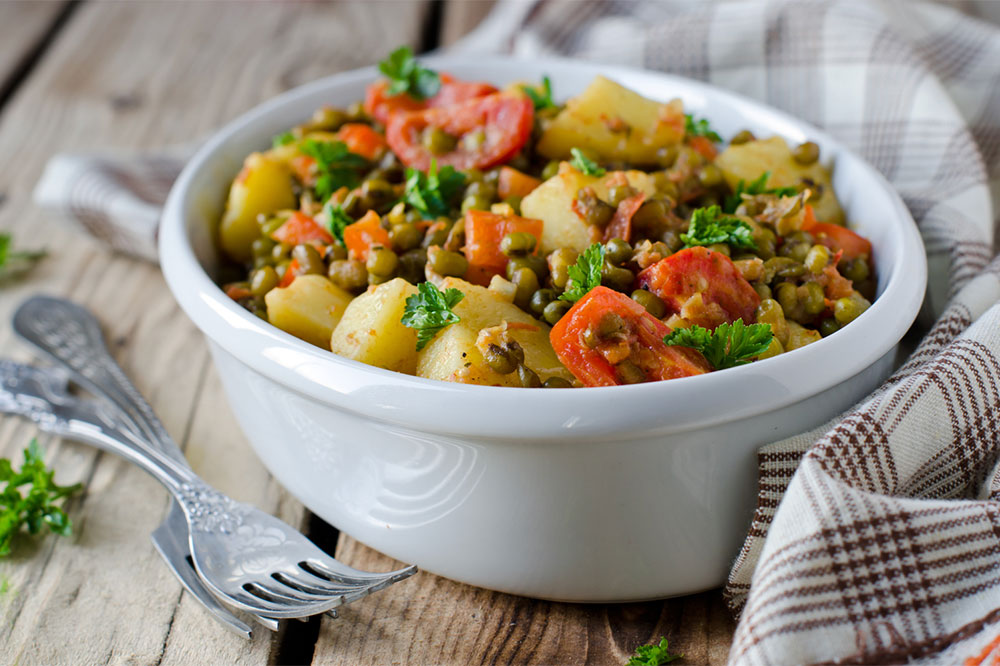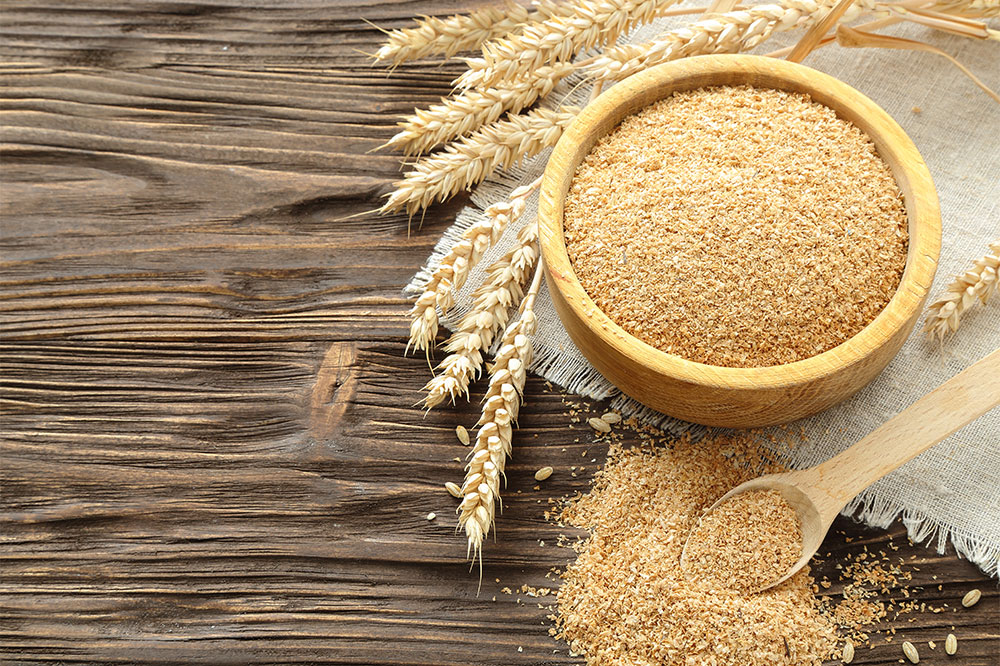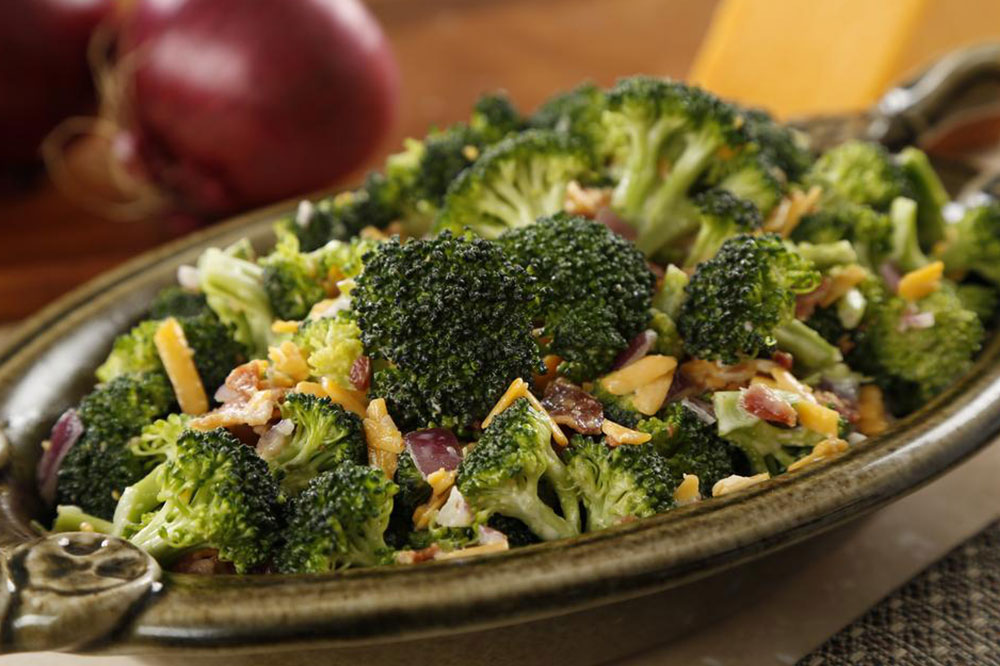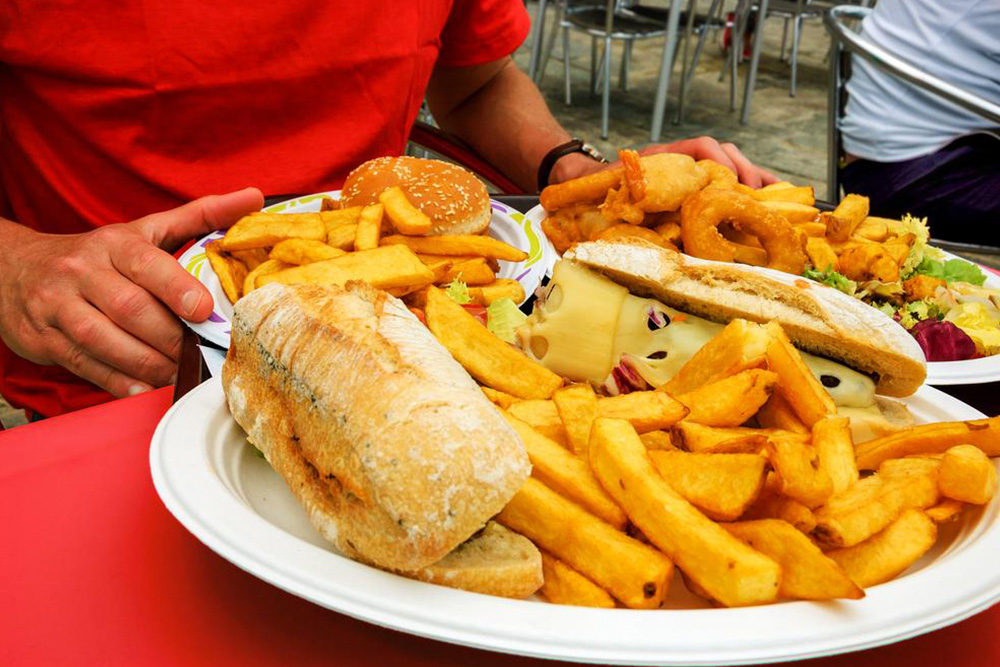Nutritional Guidelines for Managing Gastric Cancer
This article offers practical dietary advice for gastric cancer patients, emphasizing small meals, high-protein foods, avoiding processed meats, diversifying fruit and vegetable intake, and steering clear of irritants. Proper nutrition supports treatment and enhances quality of life for patients battling stomach cancer.
Sponsored
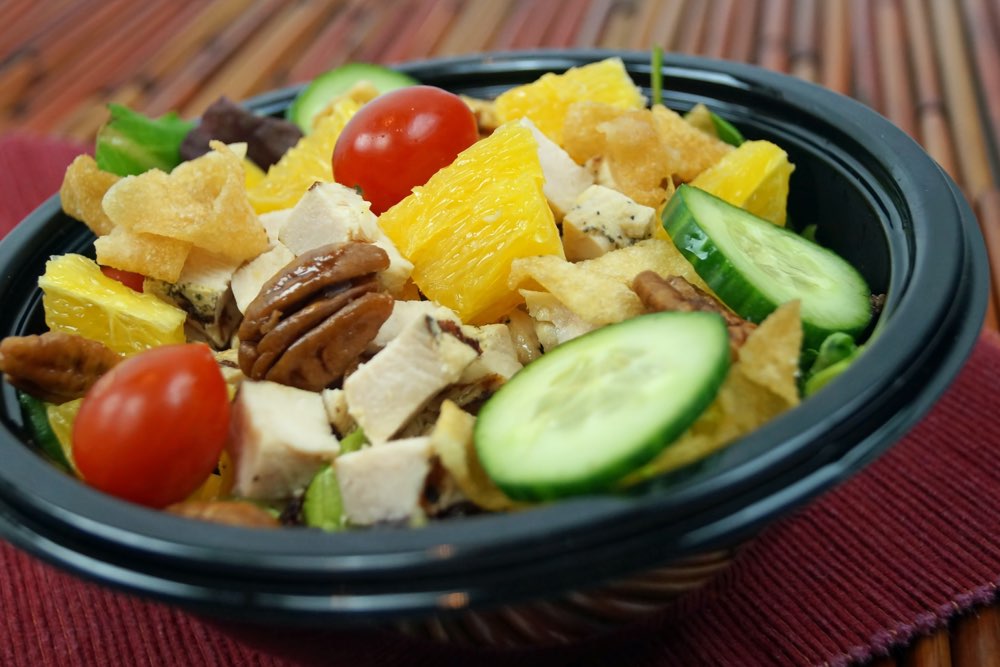
Essential Nutritional Strategies for Gastric Cancer Patients
Gastric cancer, also known as stomach cancer, impacts the lining of the stomach, often causing symptoms like indigestion, bloating, and early satiety. These symptoms can lead to poor appetite, weight loss, and malnutrition. Proper nutrition is vital for supporting treatment and maintaining health. Implementing tailored dietary practices can significantly help manage these issues.
Eat small, frequent meals
Due to decreased appetite and gastrointestinal discomfort, it's better to have about six small meals daily instead of fewer large ones. This approach ensures adequate nutrient intake and easier digestion.
Prioritize high-protein, easily digestible foods
Protein is essential for tissue repair and immune support. Suitable options include tender poultry, fish, Greek yogurt, ripe avocados, tofu, soft-boiled eggs, and nut butters. Foods high in fiber might cause discomfort, so they should be limited.
Limit processed and processed meat products
Processed meats like sausages, deli slices, and bacon have been linked to increased colorectal cancer risk. They also tend to contain high sodium levels, which can impact overall health. Avoid sugary snacks, candies, sodas, and packaged fruit juices to prevent empty calorie consumption.
Eat a colorful variety of fruits and vegetables
Fruits and vegetables supply vital vitamins, minerals, and antioxidants crucial for cancer-fighting immunity. Soft, low-fiber options such as bananas and melons are preferable over high-fiber choices like apples, cabbage, or broccoli.
Eliminate irritants from the diet
Caffeine, alcohol, spicy foods, and carbonated beverages can worsen nausea and discomfort. Alcohol may also impair immune defenses and cause dehydration. Limiting these can improve overall well-being.


